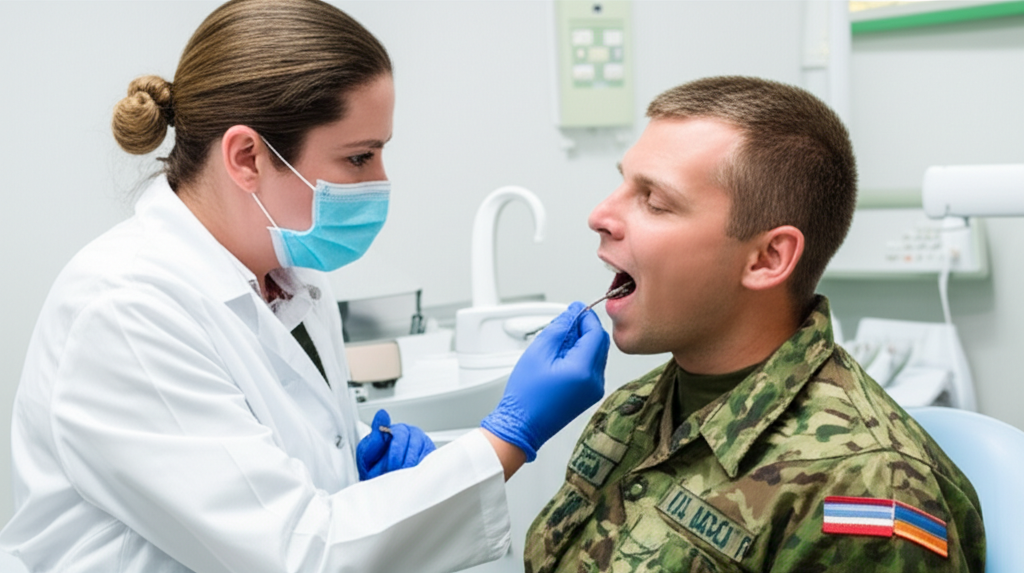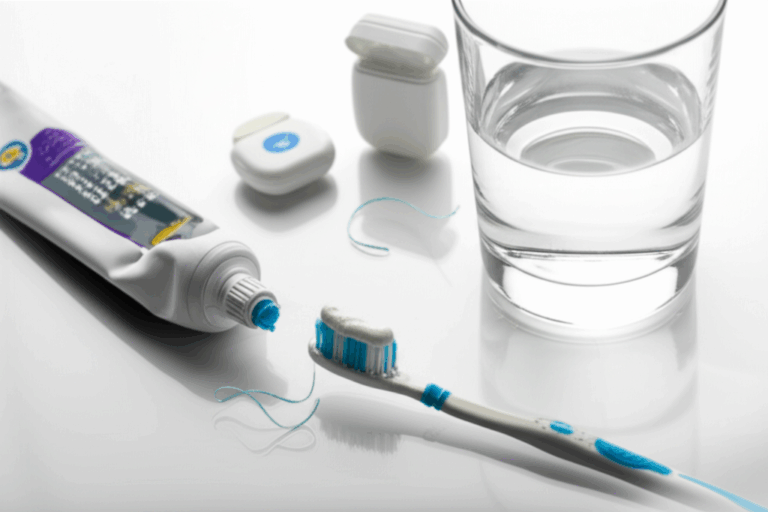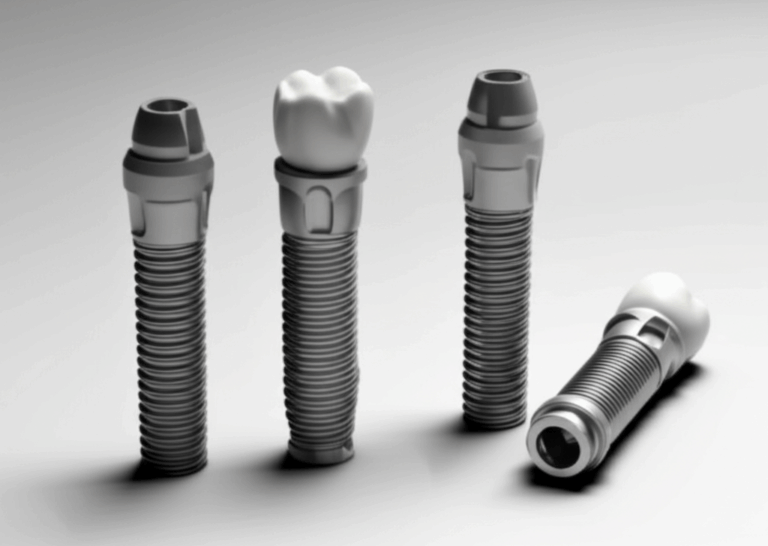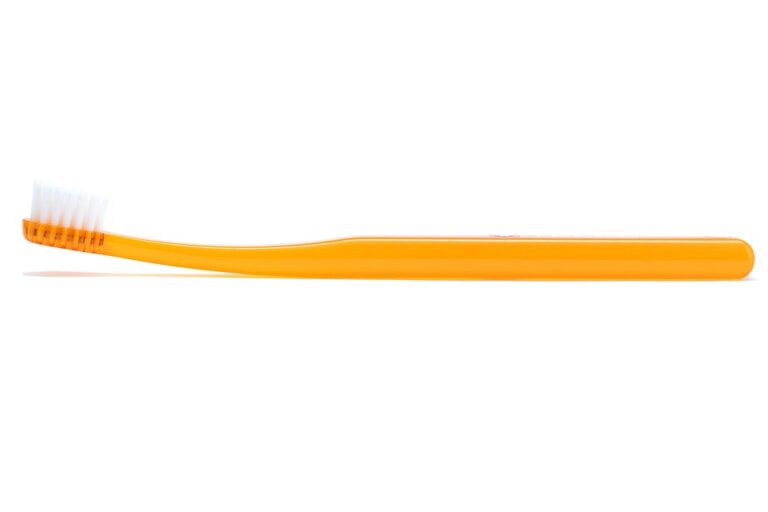
Can You Join the Military with Dental Problems? Your Simple Guide to Enlistment Standards
Meta Description: Find out what dental rules you need to join the Army, Navy, Air Force, Marines, and Coast Guard. Learn what might stop you, how to fix problem teeth, and what to expect at your MEPS dental check.
Introduction: Dental Health as a Military Enlistment Requirement
I remember when I first thought about joining the military. Like most people, I worried about the fitness tests, taking the ASVAB, and passing physical exams. One thing I didn’t think much about was my teeth. But your dental health is just as important as being able to run or do push-ups. When I found out how strict the military is about your teeth, I realized that even small problems could keep you from getting in.
The military cares a lot about dental health because you might be sent somewhere far from a dentist. A bad toothache or infection during a mission could put you or your group in trouble. That’s why everyone who wants to join gets a dental exam at MEPS (the Military Entrance Processing Station) before moving on.
I’ve talked with dentists and been through the process myself. I want to share what I learned so you won’t get caught off guard at the last minute like I almost did.
Table of Contents
- General Dental Standards for Military Enlistment (DoD Requirements)
- Specific Dental Problems That Can Keep You Out (and What To Do)
- The MEPS Dental Exam: What Happens
- How Dental Waivers Work in the Military
- What To Do If You Have Dental Problems Before Joining
- Branch Differences: Army, Navy, Air Force, Marines, Coast Guard
- Dental Care After You Join the Military
- Conclusion: Take Care of Your Teeth for Military Service
- Frequently Asked Questions (FAQs)
General Dental Standards for Military Enlistment (DoD Requirements)
Everyone knows the military wants you to be strong in your body and mind, but your mouth must be healthy too. The Department of Defense has some basic dental rules for everyone. Here they are:
- No Ongoing Mouth Infections: If you have things like abscesses or very bad gum disease that hasn’t been fixed, you can’t join until it’s better.
- You Need Enough Working Teeth: You need to be able to chew normal food. Your teeth don’t have to look perfect, but you can’t be missing so many that eating is hard.
- No Big Problems Needing Lots of Dental Work: If your dentist thinks you will need many appointments or care soon (for example, big holes in your teeth, many broken teeth, or jaw problems needing surgery), you have to fix these before you can join.
- Your Dental Work Must Be Strong: Fillings, crowns, bridges, and implants are okay as long as they’re not loose or falling out. Dentures have to fit well.
- Good Everyday Tooth Care: Your teeth and gums don’t need to win beauty contests, but you do need to show you take care of them.
My recruiter told me: “We don’t care about movie star teeth, but we can’t have you missing training or missions because of a toothache.” That made it clear to me.
Specific Dental Problems That Can Keep You Out (and What To Do)
Cavities
I used to think a few cavities didn’t matter much. Usually, that’s true, but in the military, even one cavity that isn’t fixed can stop you right there. You must have ALL cavities filled before you go to MEPS. If you show up with teeth that need filling, they’ll send you home and tell you to see a dentist first.
Missing Teeth
I was surprised to learn you don’t need all your teeth, but you do need enough to chew your food well. If you’re missing a couple of back teeth, but still chew fine, that might be okay—especially if you have a good bridge, crown, or even a secure dental implant. But if you’re missing front teeth or can’t chew right, you need to fix it first.
Braces
In high school, I had braces, and so do lots of people. But if you still have braces on, you can’t join. Why? Because you’ll need to get them adjusted a lot, and you can’t do that on base or while deployed. Sometimes, if you’re just finishing up and your orthodontist agrees, you might get a waiver, but usually all the metal has to be off. You might need a retainer, which you can get from a dental lab for retainers so you’re ready to go.
Wisdom Teeth
Lots of people get stopped by wisdom teeth. If they are hurting, not coming out right, or getting infected, MEPS will make you get them out and wait until your mouth heals. If your wisdom teeth are in but don’t hurt and aren’t causing trouble, you might be fine.
Gum Disease
A friend of mine thought bleeding gums weren’t a big deal, but he found out otherwise at MEPS. If you have gum disease (like periodontitis), you have to get it treated and show it’s under control. Loose teeth or bleeding gums are a red flag.
TMJ (Jaw Joint Problems)
I never thought much about TMJ (when your jaw clicks or hurts), but if you have jaw pain, trouble opening your mouth, or headaches from your jaw, the military wants to know. If it makes it hard to eat or talk, or you still need treatment, you can’t join yet. If your jaw problem is under control and doesn’t bother you much, you might still get in—just get a note from your doctor.
Lots of Dental Work (Crowns, Veneers, Dentures)
I asked about crowns and veneers. The answer: as long as your crowns, bridges, or dentures fit and work well, you should be good. If your dentures or bridges are loose, broken, or don’t fit, you need to fix them first.
Jaw or Mouth Shape Problems
This is pretty rare, but big problems with your jaw shape—like an extreme overbite/underbite or birth problems—can keep you out, especially if it makes it hard to bite, talk, or needs more surgery. If this is your case, you’ll need a dentist or doctor’s letter.
The MEPS Dental Exam: What Happens
When I went for my MEPS dental check, I thought it would be like a quick school dental visit. It’s a little more serious. Here’s what I had:
- They Looked in My Mouth: The examiner checked for bad teeth, gum issues, and loose fillings.
- They Felt Around My Jaw and Gums: Just to see if anything hurt or was swollen.
- Dental X-rays (sometimes): Not always, but if you’re missing teeth or have a lot of dental work, they might take x-rays.
After the exam, you get put into one of three groups:
- Qualified: No real problems.
- Temporarily Disqualified (TDQ): You have something easy to fix (like a cavity or loose crown). Fix it, bring paperwork, and try again.
- Permanently Disqualified (PDQ): You have a big problem that can’t be easily fixed, like lots of untreated gum disease, many missing teeth, or serious jaw trouble.
I passed because I fixed everything I could BEFORE I went in.
How Dental Waivers Work in the Military
Let’s talk about waivers for a minute. I didn’t need one, but my friend did, so I learned about it from him.
- What’s a Waiver?
It’s special permission to join if you have a small dental problem, but it isn’t likely to mess up your training or job.
- When Can You Get One?
They look at each person’s case. You might get one if your problem is small and under control. But you can’t get a waiver for an untreated infection or needing braces.
- How to Ask for a Waiver:
Tell your recruiter early. You’ll need your dental records, x-rays, and a note from your dentist explaining your problem and saying it’s not likely to need care soon.
- No Waivers For:
- Untreated infections
- Braces or other hardware still in
- Serious jaw problems that need work
- Can’t chew food properly
- Will My Waiver Be Approved?
If your problem is already fixed and you have paperwork to prove it, you have a good shot. If it might be an emergency later, you probably won’t get in.
It’s always easier to just fix your teeth before asking for a waiver. Saves a lot of hassle.
What To Do If You Have Dental Problems Before Joining
Tell Your Recruiter Right Away
Don’t hide anything. I had a minor gum problem, told my recruiter at once, and that helped me get it sorted out.
Get Dental Work Done
You have to pay for your own dental treatment before you join. The military won’t pay to fix your teeth before entry. Fillings, pulling teeth, cleanings—you have to cover those at your own china dental lab or local dentist.
Get All Your Dental Records
My dentist gave me copies of my x-rays, notes from cleanings, and a letter saying my teeth were good enough for the military. Take these to MEPS. It helps a lot.
Keep Your Mouth Clean
Before MEPS, I tried extra hard with brushing, flossing, and mouthwash every day. Not just to avoid cavities, but to show I care about my health. Check info on dental care and teeth health to keep up.
Branch Differences: Army, Navy, Air Force, Marines, Coast Guard
I checked if branches have different rules. Turns out, the main rules are the same everywhere. But some jobs—like pilots, divers, or Special Forces—need even better teeth because they can’t risk problems on the job. For these jobs, ask your recruiter for the details.
Dental Care After You Join the Military
Once you get in, the military takes care of your teeth. You get regular check-ups and treatment while you’re serving. If you have a problem, they’ll fix it fast, because they want everyone to stay ready for work. But remember—the military won’t pay for your dental work until you’re already in.
Conclusion: Take Care of Your Teeth for Military Service
The biggest thing I learned? Don’t ignore your dental health! I’ve seen people turned away for easy-to-fix things like cavities or gum bleeding. Get your problems taken care of before you go to MEPS. Take your teeth as seriously as you do your push-ups! If you do, you’ll be ready for basic training and everything that comes after—with a healthy, confident smile.
Frequently Asked Questions (FAQs)
Q: Will the military pay for my dental work before I enlist?
A: No. You have to pay for any dental care you need before you join. The military pays for dental work after you’re already in.
Q: How long do I have to wait after dental treatment before I can go to MEPS?
A: It depends. For fillings, you might only have to wait a few days. For pulling teeth or surgery, you have to wait until it heals—maybe a few weeks to two months. Always bring a letter from your dentist saying you’re okay.
Q: Can I join if I had a wisdom tooth pulled out a long time ago?
A: Yes. If your mouth is healed and you don’t have problems from it, an old missing wisdom tooth won’t keep you out.
Q: What if I get a dental emergency before my MEPS date?
A: See a dentist right away and tell your recruiter. They’ll likely move your MEPS date back until you’re better.
Final Thoughts
Military dental rules can seem tough or confusing, but if you have a plan and listen to your dentist and recruiter, it’s a lot easier. Fix your teeth before MEPS. Let your dentist and recruiter know what’s going on. That helped me—and it can help you, too.
Want to know more about dental health? Check out these simple guides on teeth information and dental diseases.








